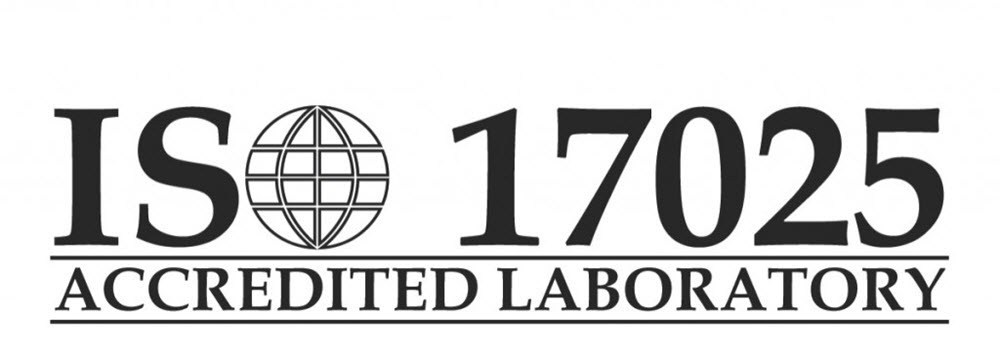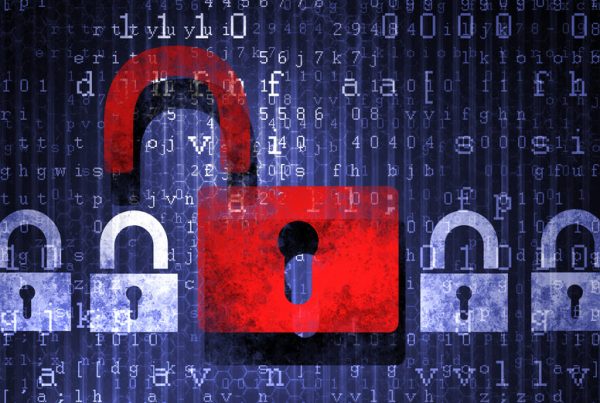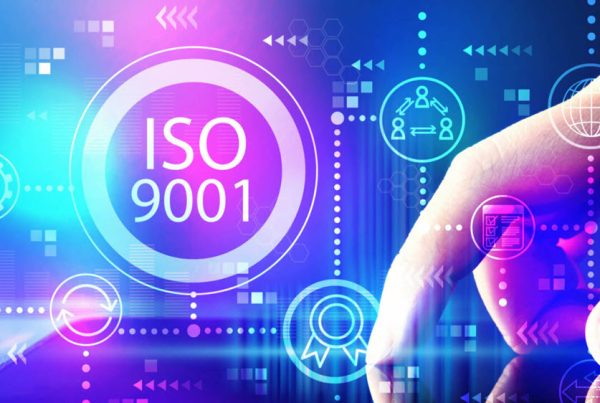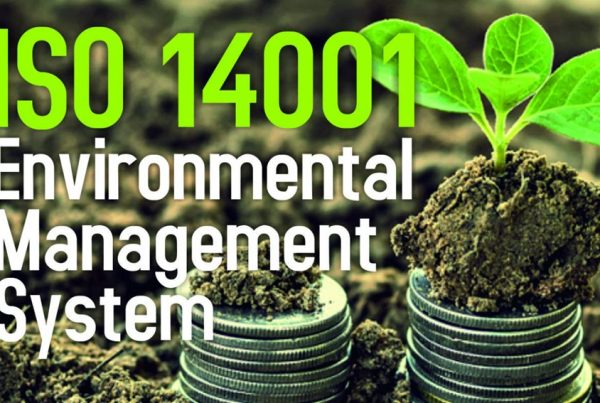An ISO 17025 certification is one of the most significant certifications for laboratories which has been issued by ISO (International Organisation for Standardization). ISO 17025 is the mainly the standard used for calibration and testing laboratories. This standard defines the general specifications for the expertise to perform tests and calibrations involving sampling. It includes laboratory developed methods, standard methods as well as non-standard methods. It encourages the laboratories to proclaim that they perform tests with great proficiency and produce valid results. The results produced by ISO 17025 certified laboratories are accepted internationally without needing further testing.
Laboratory accreditation bodies as e.g. UKAS, uses ISO 17025 to analyze a laboratory abilities to produce accurate and precise results involving staff competence, quality assurance of data, maintenance of laboratory equipment, appropriate transportation of samples, correct handling of samples and validity of testing procedures. The certified laboratories are re-assessed at planned intervals to validate they are maintaining the standards.
Requirements for ISO 17025 Certification
There are quite a few more requirements for an ISO 17025 certification compared to ISO 9001. In fact, the majority of the requirements from ISO 9001 is required as part of ISO 17025 as well.
The ISO 17025 standard is split in a few sections or main clauses at outlined below.
- General Requirements
- Structural Requirements
- Resource Requirements
- Process Requirements
- Management System Requirements
General Requirements
- Impartiality
- Confidentiality
Structural Requirements
This section which is clause 5 of the standard cover the structural part of the laboratory. How it is setup and its structure within an organisation.
Resource Requirements
- Personnel
- Facilities and environmental conditions
- Equipment
- Metrological traceability
- Externally provided products and services
Process Requirements
The process section contains a lot of the requirements to achieve ISO 17025 certification. The main part of that clause includes the following.
- Review of requests, tenders and contracts
- Selection, verification and validation of methods
- Sampling
- Handling of test or calibration items
- Technical records
- Evaluation of measurement uncertainty
- Ensuring the validity of results
- Reporting of results
- Complaints
- Nonconforming work
- Control of data and information management
Management requirements
The management requirements is split in two options, Option B where the organisation already has ISO 9001 and cover the intent of this section/clause and Option A where following is required.
- Management system documentation
- Control of documents and records
- Actions to address risks and opportunities
- Improvement and corrective actions
- Internal audit
- Management reviews
ISO 9001 vs ISO 17025
The basic difference is that ISO 9001 is pertinent for all type of businesses where as ISO 17025 is specifically associated with testing and calibration laboratories. ISO 9001 does not provide specific technical requirements to ensure the accuracy of the tests.
Benefits of ISO 17025 Certification
There are quite a lot of benefits from achieving an ISO 17025 certification, some of them includes.
- An ISO 17025 certified laboratory gains recognition in the testing and calibration laboratories industry.
- Customers prefer the certified laboratories over non certified ones.
- The certification is a written proof that the laboratory has an effective Quality Management System and it has the capability to produce accurate and reliable results.
- The results produced by ISO 17025 certified laboratories are acceptable in government organisations as well as internationally.
- The certified laboratories have efficient customer service and high customer satisfaction.
- The laboratories having ISO 17025 certification have robust quality management systems and internal audits are carried out regularly to identify conformance to the set standard.
If you are interested in getting your test or calibration laboratory certified to ISO 17025 or need support with the internal audits, feel free to contact us for a free consultation.





